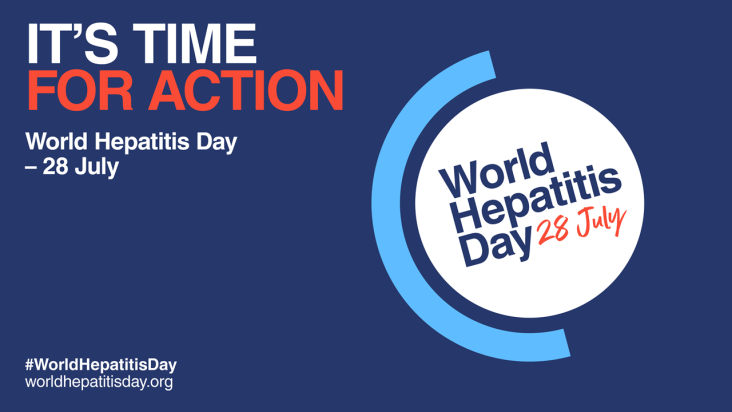This Health Policy paper supports SDG 3 and 13 by examining countries' preparedness and inclusion of child health as it relates to climate change, highlighting both how countries integrate child health within adaptation domains and how policy documents conceptualise children.This Health Policy paper supports SDG 3 and 13 by examining countries' preparedness and inclusion of child health as it relates to climate change, highlighting both how countries integrate child health within adaptation domains and how policy documents conceptualise children.
This Article supports SDGs 3 and 13 by identifying urban configuration types and assessing differences in their associations with exposures such as surface urban heat island intensities, carbon emissions, and mortality.
This Article supports SDG 3 and 13 by analysing how numerous mitigation strategies, such as plant-based diets, increasing green spaces, increasing active transport, using renewable energy sources, and smoking cessation, may have the co-benefit of reducing cardiovascular disease.
Indigenous Peoples face disproportionate risks from climate change while being key to planetary health and climate resilience due to their traditional ecological knowledge. This manuscript provides Indigenous perspectives on climate justice, exploring the intersection of health, sovereignty, and ancestral practices, and discusses opportunities for decolonizing relationships to place, highlighting a case of rematriation and healing at Bdóte, the place of genesis for Dakota Peoples, also known as Minneapolis and Saint Paul, MN.
To optimize the delivery of culturally safe care, health systems need to rebuild their relationship with Indigenous peoples.
The results of this study emphasize the importance of considering lifestyle aspects like sleep, physical activity, and social support when creating effective strategies to prevent depression in university students.
This content aligns with Goal 3: Good Health and Goal 9: Industry, Innovation and Infrastructure by discussing the relationship between mental health and the COVID-19 pandemic in children and youth, and the infrastructure in place to address declines in mental health in these populations.
Elsevier,
Sleep and Sport: Physical Performance, Mental Performance, Injury Prevention, and Competitive Advantage for Athletes, Coaches, and Trainers, 2024, pp 137-164
This content aligns with Goal 3: Good Health and Goal 9: Industry, Innovation and Infrastructure by discussing the relationship between sleep and mental health in athletes and exploring the infrastructure in place to manage athlete mental health.
This study aimed to examine relationships among eating frequency, timing and time window, and cognitive performance and novel Alzheimer disease (AD) biomarkers in cognitively healthy and mildly cognitively impaired middle-aged and older adults. It concluded that an eating pattern characterized by less frequent eating and/or by earlier times is present in individuals with worse cognitive performance. The results shed light on the relevance of temporal eating patterns as potential early markers of behavioral or metabolic changes related to AD pathology.

